Blogs & News
We are focus on automotive wiring harness & connectors technology.
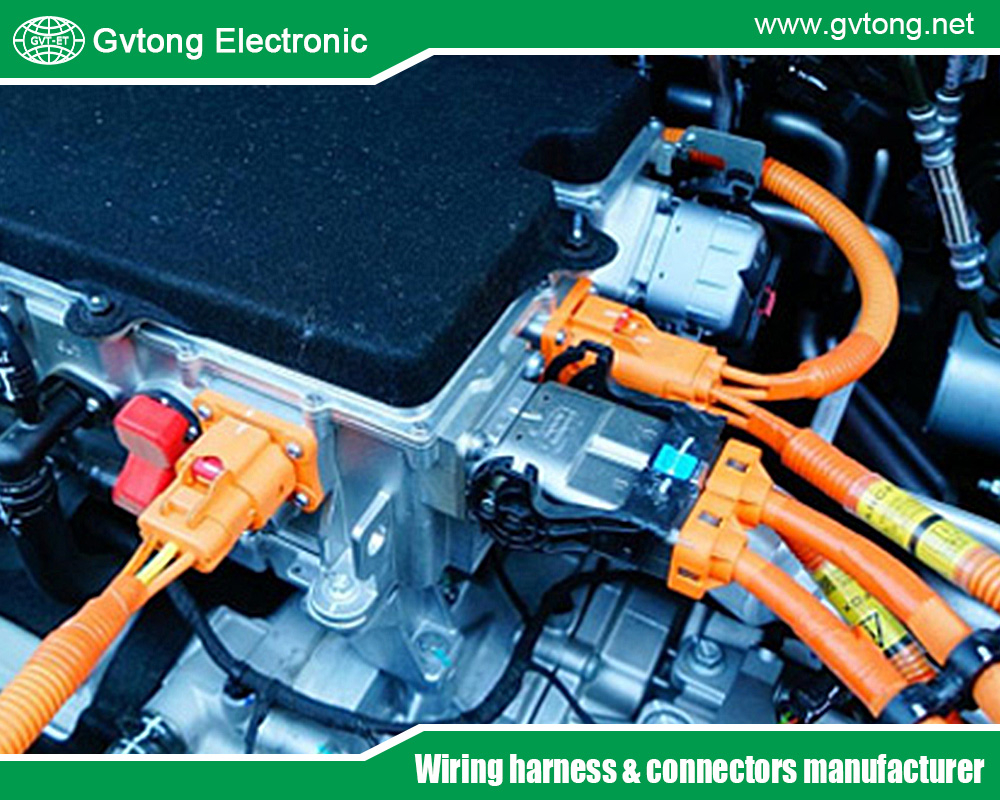
Comparing And Choose the Better OEM & After-Sales Service of Electrical Connectors
- Gvtong Electronic
- 2 pin waterproof electrical connector, 2 Pin Way Car Waterproof Electrical Connector, 4-wire electrical connectors, ADAS sensor connectors, automotive electrical connector, automotive electrical connector manufacturers, automotive electrical connector types chart, Automotive electrical connectors, automotive electrical connectors factory, automotive electrical connectors kit, Automotive Electrical Connectors Manufacturer In Thailand, automotive electrical connectors supplier, Automotive electrical connectors types, automotive electrical connectors waterproof, automotive optical fiber connector, automotive vibration - resistant, automotive waterproof electrical connectors, Battery management system (BMS) connectors, best china industrial electrical connectors manufacturers, Blind-mate automotive connectors, China Automotive Electrical Connectors Manufacturers, china electrical connectors manufacturers, China Industrial Electrical Connectors Manufacturers, electrical connectors, electrical connectors and circuits, electrical connectors and circuits manufacturer, EV charging connectors, High-speed data connectors, Lightweight automotive connectors, Low-contact resistance connectors, Modular automotive connectors, Pre-charge/discharge connectors, Quick-fit automotive connectors
- No Comments
Comparing And Choose the Better OEM & After-Sales Service of Electrical Connectors
Electrical connectors are the unsung heroes of automotive systems, ensuring seamless communication and power transfer between components like the battery, alternator, sensors, and accessories. These small but critical components maintain the reliability and functionality of a vehicle’s electrical system. When replacing or upgrading connectors, vehicle owners and mechanics face a key decision: choose Original Equipment Manufacturer (OEM) connectors or opt for aftermarket alternatives. Each option has distinct advantages, drawbacks, and considerations, impacting performance, cost, and longevity.
This article compares OEM and aftermarket electrical connectors in the automotive context, exploring their differences in quality, compatibility, cost, availability, and application. By understanding these factors, you can make informed choices for repairs, upgrades, or custom projects, ensuring your vehicle’s electrical system remains robust and reliable.
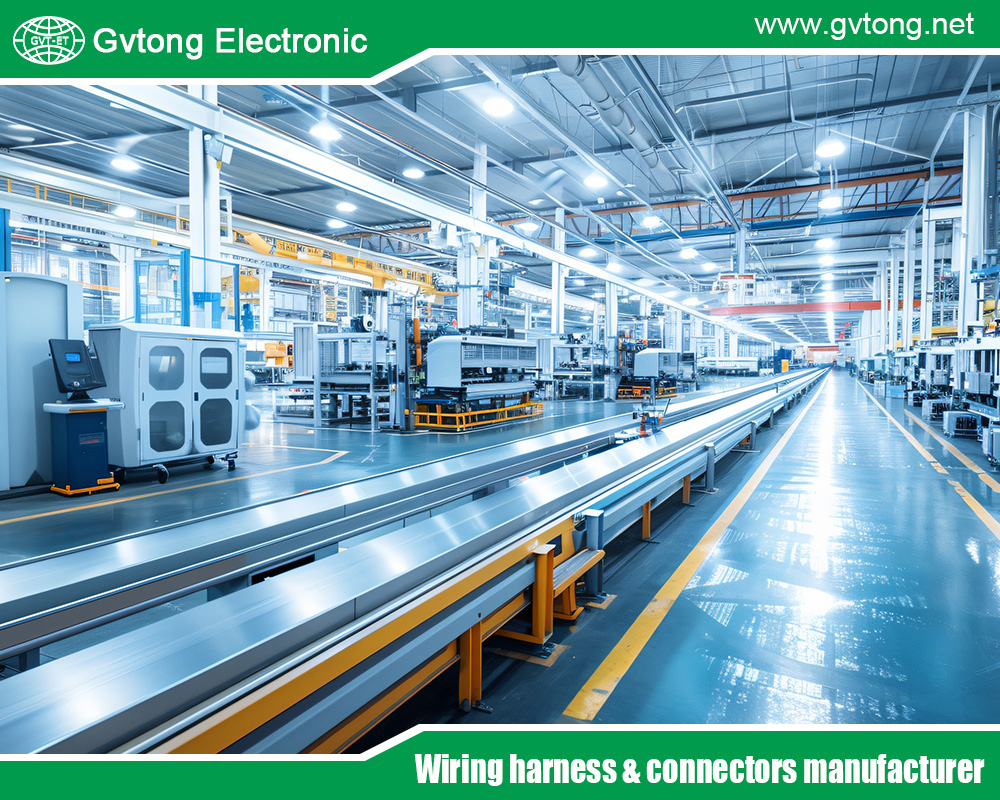
Section 1: Understanding Electrical Connectors in Automotive Systems
What Are Electrical Connectors?
Electrical connectors are devices that join electrical circuits, allowing power or signals to flow between components. In vehicles, they connect wiring harnesses to components like the battery, alternator, starter motor, sensors, lights, and infotainment systems. Connectors come in various types, including multi-pin, weatherproof, and blade connectors, each designed for specific functions and environments.
Role in Automotive Systems
Connectors ensure reliable electrical connections under harsh conditions, such as heat, vibration, and moisture. They must maintain secure contact, resist corrosion, and withstand mechanical stress. A faulty connector can cause issues like intermittent power loss, malfunctioning accessories, or complete system failure, making their quality critical.
OEM vs. Aftermarket: Definitions
- OEM Connectors: These are manufactured by the same company that produced the vehicle’s original parts or by a supplier approved by the vehicle manufacturer. OEM connectors are designed to meet the exact specifications of the vehicle’s make and model.
- Aftermarket Connectors: These are produced by third-party manufacturers not affiliated with the vehicle’s original manufacturer. They are often designed as universal or vehicle-specific replacements, offering alternatives to OEM parts.
Understanding these definitions sets the stage for comparing their performance and suitability.
Section 2: OEM Electrical Connectors
Advantages of OEM Connectors
- Guaranteed Compatibility: OEM connectors are engineered for specific vehicle makes and models, ensuring a perfect fit and seamless integration with existing wiring harnesses and components. This minimizes installation issues and ensures optimal performance.
- High-Quality Standards: OEM parts are manufactured to strict standards set by the vehicle manufacturer, often using premium materials to withstand automotive environments. They undergo rigorous testing for durability, heat resistance, and corrosion protection.
- Warranty and Support: Many OEM connectors come with a manufacturer’s warranty, offering peace of mind. Additionally, dealerships and authorized service centers provide support for installation and troubleshooting.
- Reliability and Longevity: OEM connectors are designed to match the vehicle’s original lifespan and performance expectations, reducing the likelihood of premature failure.
Disadvantages of OEM Connectors
- Higher Cost: OEM connectors are typically more expensive than aftermarket alternatives due to their brand-specific design and quality assurance processes. This can be a significant factor for budget-conscious consumers.
- Limited Availability: OEM parts may only be available through dealerships or authorized suppliers, which can lead to longer wait times, especially for older or less common vehicle models.
- Less Variety: OEM connectors are designed for specific applications, limiting options for customization or upgrades in performance vehicles or unique projects.
Applications
OEM connectors are ideal for stock repairs, warranty-covered vehicles, or situations where exact specifications are critical, such as in luxury or high-performance cars.
Section 3: Aftermarket Electrical Connectors
Advantages of Aftermarket Connectors
- Cost-Effectiveness: Aftermarket connectors are generally more affordable, making them attractive for budget repairs or projects. They can cost 20–50% less than OEM equivalents, depending on the brand and quality.
- Wider Availability: Aftermarket parts are sold by numerous retailers, both online and in auto parts stores, making them easier to source than OEM connectors, especially for older vehicles.
- Variety and Customization: Aftermarket manufacturers offer a range of connectors, including universal options and specialized designs for performance upgrades or custom builds. This flexibility suits enthusiasts modifying their vehicles.
- Innovative Designs: Some aftermarket connectors incorporate improved materials or designs, such as enhanced weatherproofing or higher current ratings, potentially surpassing OEM performance in specific scenarios.
Disadvantages of Aftermarket Connectors
- Variable Quality: Aftermarket connectors vary widely in quality, depending on the manufacturer. Low-quality options may use inferior materials, leading to issues like corrosion, poor fit, or premature failure.
- Compatibility Challenges: While many aftermarket connectors are labeled as vehicle-specific, slight variations in design can cause fitment issues or require modifications during installation.
- Limited Warranty: Aftermarket parts often come with shorter warranties or none at all, and support may be limited compared to OEM options.
- Risk of Counterfeits: The aftermarket market is susceptible to counterfeit or substandard products, which can compromise reliability and safety.
Applications
Aftermarket connectors are suitable for budget repairs, older vehicles no longer supported by OEM suppliers, or custom projects requiring non-standard connectors.
Section 4: Key Factors in Comparing OEM and Aftermarket Connectors
To make an informed choice, consider the following factors when comparing OEM and aftermarket electrical connectors:
- Quality and Materials
OEM connectors typically use high-grade materials, such as corrosion-resistant metals and durable plastics, designed to meet automotive industry standards (e.g., SAE or ISO). They are tested for extreme temperatures, vibration, and moisture exposure. Aftermarket connectors range from high-quality options that rival OEM standards to low-cost alternatives using cheaper materials prone to wear. Researching reputable aftermarket brands (e.g., Delphi, Bosch, or TE Connectivity) can help ensure quality. - Compatibility and Fitment
OEM connectors are designed for plug-and-play installation, matching the vehicle’s wiring harness and component specifications. Aftermarket connectors may require additional steps, such as crimping, soldering, or adapting to fit non-standard applications. Always check compatibility with your vehicle’s make, model, and year before purchasing aftermarket parts. - Cost Considerations
OEM connectors can cost significantly more—sometimes two to three times the price of aftermarket equivalents. For example, an OEM wiring harness connector for a Ford F-150 might cost $50–$100, while a comparable aftermarket version could be $20–$40. However, the higher upfront cost of OEM parts may be justified by their reliability and warranty. - Performance and Reliability
OEM connectors are engineered for consistent performance under factory conditions, making them a safe choice for critical systems like engine control units or safety sensors. Aftermarket connectors can perform well but require careful selection to avoid issues like loose connections or electrical resistance, which can lead to system failures. - Availability and Sourcing
OEM connectors are often exclusive to dealerships or authorized suppliers, which can delay repairs if parts are backordered. Aftermarket connectors are widely available through retailers like AutoZone, Advance Auto Parts, or online platforms like Amazon, making them a faster option for urgent repairs. - Warranty and Support
OEM connectors typically include a manufacturer’s warranty (e.g., 1–2 years) and support from dealerships. Aftermarket warranties vary, with high-end brands offering limited coverage and budget options often lacking guarantees. Consider the long-term cost of potential failures when choosing. - Application-Specific Needs
For stock repairs or warranty-covered vehicles, OEM connectors are usually the best choice to maintain factory specifications. For custom builds, restorations, or non-critical systems (e.g., aftermarket stereos), aftermarket connectors offer flexibility and cost savings.
Section 5: Practical Considerations for Choosing Connectors
When deciding between OEM and aftermarket connectors, consider the following practical steps:
- Assess Your Vehicle’s Needs
Determine whether the repair involves a critical system (e.g., airbag sensors, ECU) or a non-critical accessory (e.g., fog lights). Critical systems demand OEM or high-quality aftermarket connectors to ensure safety and reliability. - Research Reputable Brands
For aftermarket connectors, stick to trusted manufacturers like Delphi, Molex, or ACDelco, which are known for meeting or exceeding OEM standards. Avoid generic or unbranded connectors, as they often lack quality control. - Check Compatibility
Verify the connector’s specifications (e.g., pin count, locking mechanism, weatherproofing) against your vehicle’s requirements. Use your vehicle’s service manual or consult a parts catalog to ensure a proper match. - Evaluate Cost vs. Longevity
While aftermarket connectors save money upfront, poor-quality options may lead to frequent replacements or system failures. Weigh the initial cost against the potential for future repairs. - Consider Installation Expertise
OEM connectors are typically easier to install due to their plug-and-play design. Aftermarket connectors may require additional skills, such as crimping or soldering, which could add to labor costs if you’re not doing the work yourself. - Consult Professionals for Complex Systems
For intricate repairs involving wiring harnesses or sensitive electronics, consult a professional mechanic or electrician. They can recommend the best connector type and ensure proper installation.
Section 6: Case Studies and Examples
Case Study 1: Replacing a Battery Connector
A 2015 Honda Civic owner notices the car struggles to start due to a corroded battery connector. An OEM replacement from a Honda dealership costs $75, while a reputable aftermarket connector from Delphi is $30. The OEM part fits perfectly and comes with a 2-year warranty, but the aftermarket option requires minor adjustments to fit securely. The owner chooses the aftermarket connector, saving money without compromising reliability due to Delphi’s reputation.
Case Study 2: Custom Audio System Upgrade
An enthusiast upgrading a 2008 Jeep Wrangler’s audio system needs connectors for new speakers. OEM connectors are unavailable for this custom application, but aftermarket weatherproof connectors from Molex are compatible and cost-effective at $15 per set. The aftermarket connectors allow flexibility for the upgrade, demonstrating their value in non-standard projects.
Section 7: Tips for Maintaining Electrical Connectors
Regardless of whether you choose OEM or aftermarket connectors, proper maintenance extends their lifespan:
- Clean Regularly: Use a wire brush or contact cleaner to remove corrosion from connector pins and terminals.
- Apply Dielectric Grease: This protects connectors from moisture and corrosion, especially in weatherproof applications.
- Secure Connections: Ensure connectors are firmly seated to prevent vibration-related issues.
- Inspect Periodically: Check for wear, fraying, or looseness during routine vehicle maintenance.
- Avoid Overloading: Ensure the connector’s current rating matches the system’s demands to prevent overheating.
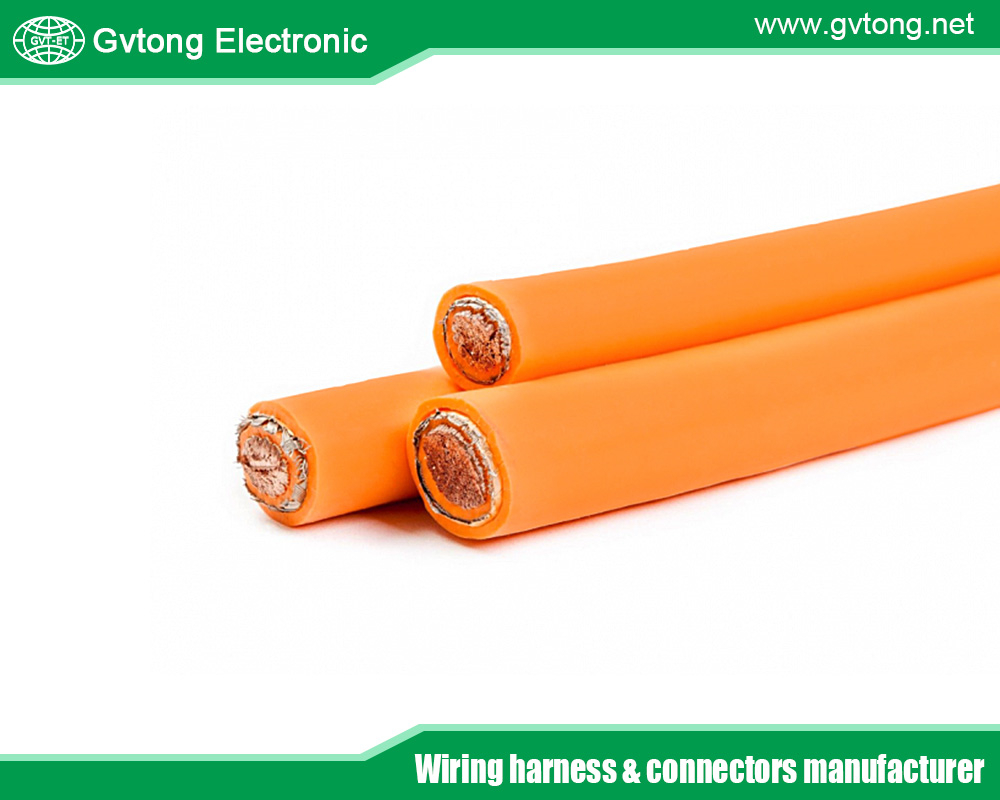
Conclusion
Choosing between OEM and aftermarket electrical connectors depends on your vehicle’s needs, budget, and project goals. OEM connectors offer unmatched compatibility, quality, and reliability, making them ideal for critical systems and warranty-covered repairs. Aftermarket connectors provide cost savings, availability, and flexibility, especially for custom builds or older vehicles. By evaluating factors like quality, compatibility, cost, and application, you can select the best option for your situation. Whether you’re a DIY enthusiast or a professional mechanic, understanding these differences ensures your vehicle’s electrical system remains dependable. Always prioritize quality and compatibility to avoid costly repairs, and consult professionals when needed to maintain safety and performance.
For more about comparing and choose the better OEM & after-sales service of electrical connectors, you can pay a visit to Gvtong at https://www.gvtong.net/ for more info.
Recent Posts
How to Diagnose and Repair Automotive Signal Connector Failures
How to Install and Maintain Low Pressure Automotive Connectors
Heat Shrink vs. Crimp: Choosing the Right 12V Car Wire Connector
Best 12V Automotive Wire Connectors for Reliable Electrical Connections
Tags
Recommended Products
-
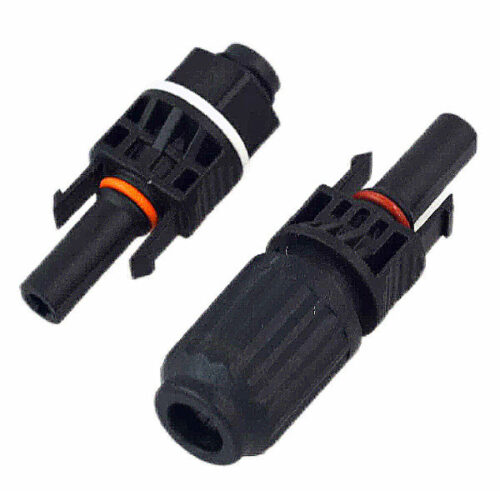
GH-Photovoltaic Connector-Plug
-
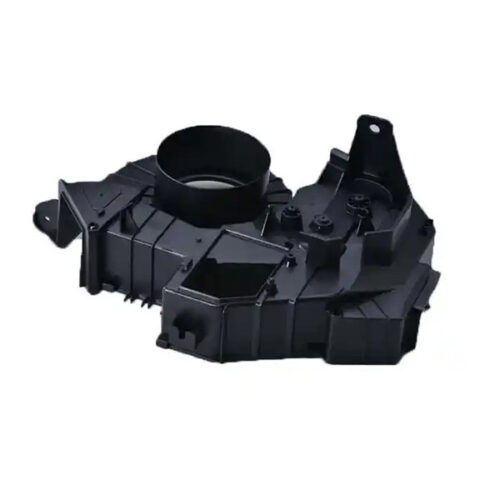
Automotive Plastic Injection Parts
-
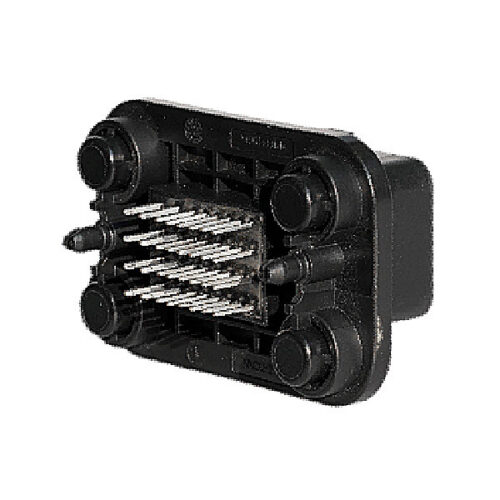
GE Series-32pin Signal Connector Right Angle Socket
-
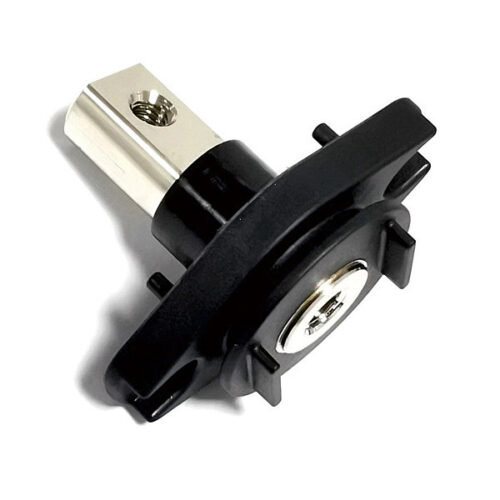
DCDC wall-through terminal
-
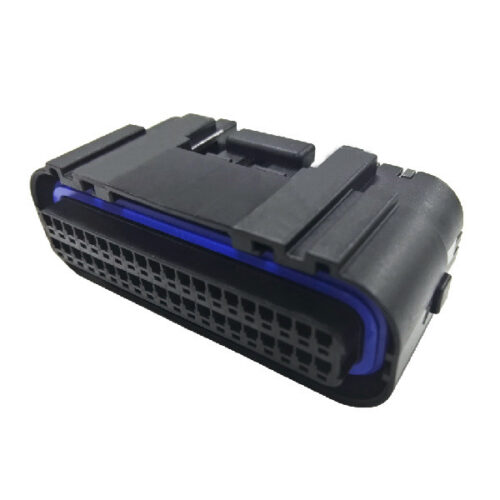
GE Series-34/40-core double-row signal connector
-
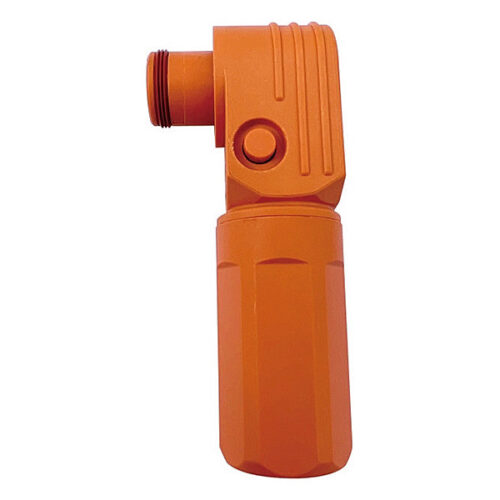
Energy storage connector 8.0mm
-
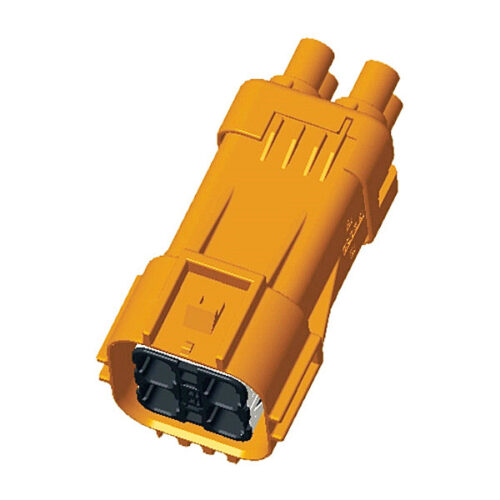
High voltage connector-GH630 series-4P
-
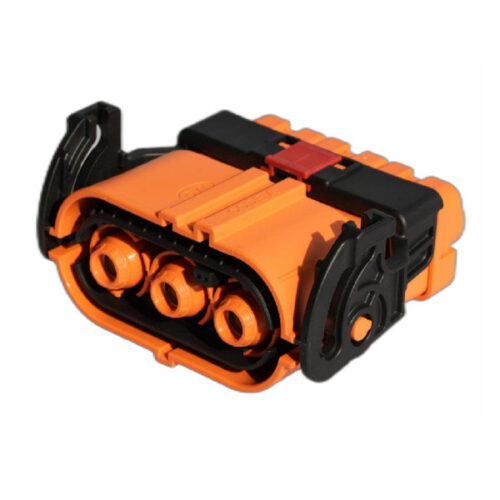
GH800 Series-3-core plastic high voltage connector
